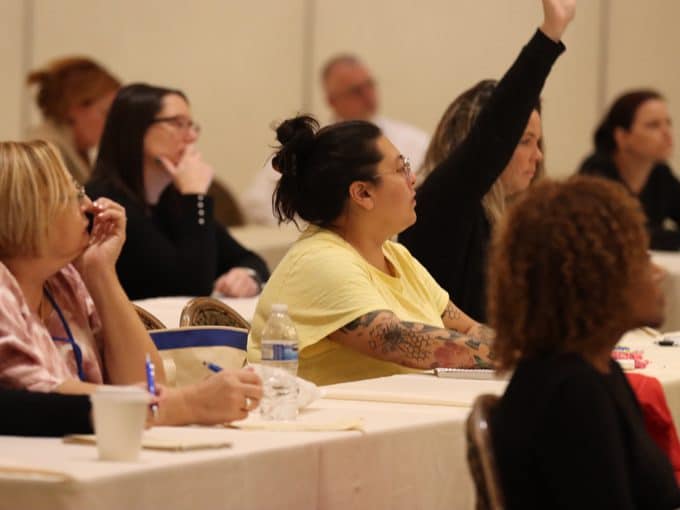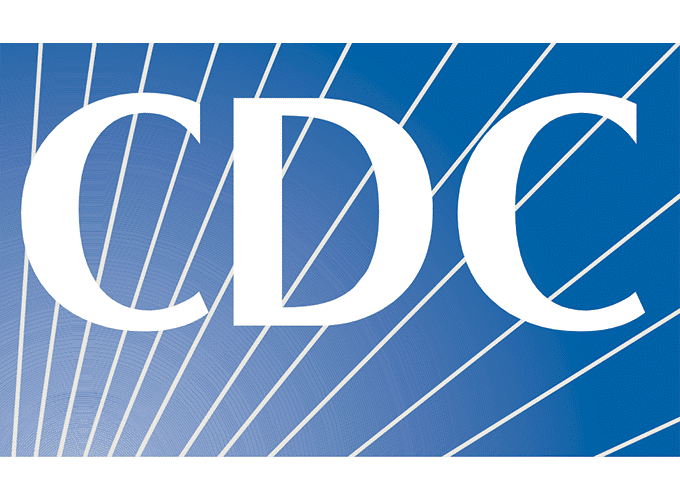
Share Your Expertise at the NCCHC Spring Conference on Correctional Health Care
Help shape the future of correctional health care.
Home For Immigrant Youth – and Everyone – Therapy Information Must Be Confidential
The National Commission on Correctional Health care joins several of its supporting organizations in opposition to the use of information about young immigrant detainees, obtained during therapy and presumed to be confidential, in asylum cases
Statements from the American Psychiatric Association, the American Psychological Association, the Academy of Child & Adolescent Psychiatry, the American Counseling Association and the National Association of Social Workers – all NCCHC supporting organization with representation on the NCCHC Board of Directors — came in response to a recent report in the Washington Post. The report, which focuses on a teenager from Honduras who has been in detention for more than two years, states that therapists’ notes on detained migrant youth are being used by immigration officials in deportation decisions.
NCCHC’s Standards for Health Services in jails, prisons and juvenile detention and confinement facilities require that correctional facilities maintain the same patient confidentiality protocols employed in the “free world.”
The Standards for Health Services in Juvenile Detention and Confinement Facilities (2015) and the Standards for Mental Health Services in Correctional Facilities (2015) require that “the confidentiality of a patient’s written or electronic clinical record, as well as orally conveyed mental health information, is maintained.” The intent of the standard is to protect the patient’s right to confidentiality of personal medical and mental health information.
In community mental health care, the exception to that is if the patient expresses an intent to harm himself or others. While the standards concede that local, state or federal laws may allow or require certain exception to the confidentiality obligation, mental health services staff should inform inmates at the beginning of the clinical encounter when such circumstances apply. It is not clear that either was the case for the young man featured in the Washington Post report.
Patient confidentiality is essential to and the basis of an effective therapeutic relationship. The use of such confidential information against a patient is contrary to medical ethics and effective patient care.
Along with our supporting organizations named above, NCCHC calls for an immediate end to this practice, and for pending cases to be reconsidered in light of the new directive.
Read our supporting organizations’ statements >>


